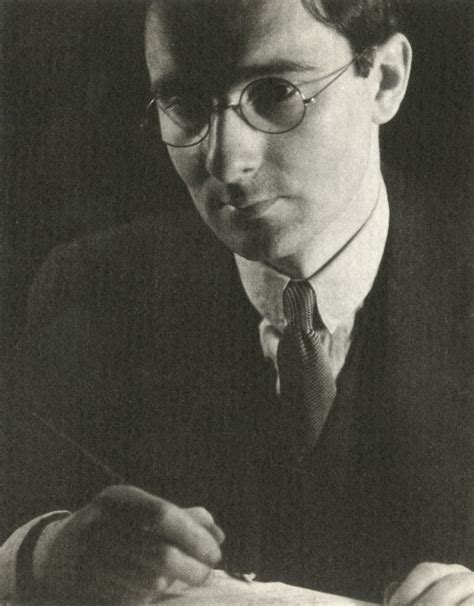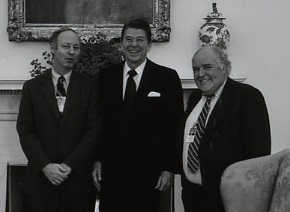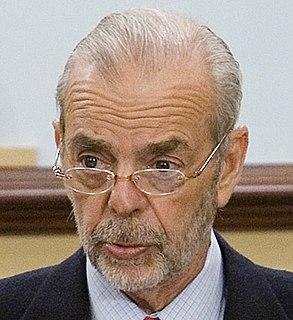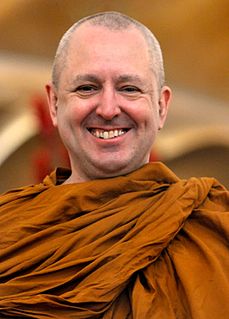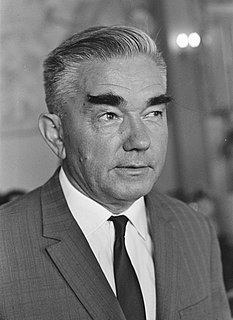A Quote by Moses Finley
Perhaps the best known, and certainly the most vaunted, "discovery" of modern public opinion research is the indifference and ignorance of a majority of the electorate in western democracies.
Related Quotes
If I think about most of America, and maybe I'm terribly wrong...but I think most of America would say that they're not in favor of gay marriage. But there is certainly a large cohort, not a majority but a large number of people, who are articulate and vocal and they'd rally behind this. They're making their opinion known.
The vested interests-if we explain the situation by their influence-can only get the public to act as they wish by manipulating public opinion, by playing either upon the public's indifference, confusions, prejudices, pugnacities or fears. And the only way in which the power of the interests can be undermined and their maneuvers defeated is by bringing home to the public the danger of its indifference, the absurdity of its prejudices, or the hollowness of its fears; by showing that it is indifferent to danger where real danger exists; frightened by dangers which are nonexistent.
Unsurprisingly, the poll-takers don't talk a lot in public about the ignorance of the electorate on political and public policy matters. And the politicians are not going to disclose the, let's say, limited body of knowledge in their constituencies. You don't get elected calling your voters airheads.
I think polling is the best way of gauging public opinion - doing something that's independent, that's quantitative, that doesn't give just the loud voices about how things are going; or doesn't give so called experts the notion that they know what public opinion is. I think that's what makes public opinion polling pretty important. Qualitative assessments of public opinion; going out and talking to people and understanding the nuance to what's behind the numbers. I think it's awfully important as well.
It is only because the majority opinion will always be opposed by some that our knowledge and understanding progress. In the process by which opinion is formed, it is very probable that, by the time any view becomes a majority view, it is no longer the best view: somebody will already have advanced beyond the point which the majority have reached. It is because we do not yet know which of the many competing new opinions will prove itself the best that we wait until it has gained sufficient support.
Our modern Western culture only recognises the first of these, freedom of desires. It then worships such a freedom by enshrining it at the forefront of national constituitions and bills of human rights. One can say that the underlying creed of most Western democracies is to protect their people's freedom to realise their desires, as far as this is possible. It is remarkable that in such countries people do not feel very free. The second kind of freedom, freedom from desires, is celebrated only in some religious communities. It celebrates contentment, peace that is free from desires.




